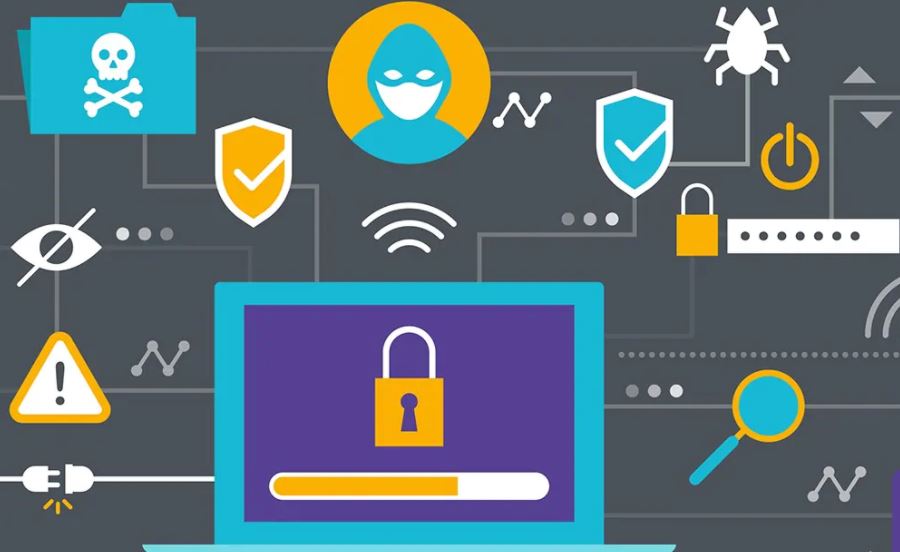Cybersecurity threats are evolving fast in the fertile ground that the cloud provides to hackers. With a big fraction of SMBs now operating remotely, there’s greater effort into developing new security threats and targetting companies, which rely on cloud computing technologies linked to the internet.
According to a cyber report disclosed by Cisco, about 53% of small and mid-sized businesses have been targeted by security threats in 2020 and they suffered some degree of data loss. This is not to the surprise of cloud providers, since the marketplace and cloud-hosted services have been growing exponentially by use and popularity since the start of the Covid-19 pandemic.
What security threats are predominant in 2021?
Phishing attacks
One of the most predominant security threats in 2019 proved to be phishing attacks, as the trend continued over to 2020 as well. Stealing sensitive data by sending fraudulent communication is a common cyber attack amongst corporate businesses where online communication is integral for cooperation, collaboration, and information exchange. Over 77% of companies were reported to have suffered some form of phishing in the previous years, but the numbers are predicted to grow with the increasing number of cloud-based workplaces.
Cloud security threats
As we already mentioned before, the increase in the use of cloud services results in bigger interest from hackers in developing new security threats that often target the local networks. However, this by itself does not make cloud-based operations less secure. What could potentially put a company at a greater risk when using cloud-hosted services is the cloud provider and their security management practices. Misconfigurations and poor cloud migration strategy can lead to greater risk of data breach if the third-party vendor does not have strict monitoring practices in place to prevent losses.
Ransomware
A big portion of the existing security threats circulating in the cyberspace is taken by ransomware. These cyber attacks are usually automated via programs called exploit kits and they are not operated by a human, but by a bot instead. The landscape of cloud security is changing, making it harder for hackers to break the firewall with known ransomware attacks. This is why they are becoming a lot more inventive and thoughtful by targetting cyber crime victims with ransomware operated by people. This trend is likely to continue for the rest of 2021 and next year.
Management tools
Nowadays we see a lot of hackers turning to admin tools and other management systems to make their attacks go undetected. Around half of the cyber attacks in 2020 were supported by popular tools and platforms like NMAP, PsExec and others in order to achieve better success with their malicious attempt. Unfortunatly, the use of administrative tools is also predicted to grow in the remaining of 2021 and in the following years. The most effective ways to protect your business from security threats that are more advanced is to pick a cloud provider that have rigorous security policies and practices in place. Educating your employees with handy security measures could also help to prevent against cyber attacks in the very early stages.
API breaches
API stands for Application Programming Interface and it has an important role to act as an intermediate between two or more apps. When a person is using a messanger app or another social media platform, they are often using APIs, which are rather hard to secure by developers. This can expose corporate network and put your data at risk. In order to avoid this, cloud providers like we-IT have worked out a large number of unique APIs that are impossible to crack, if a malicious attempt is made through the software intermediate. Centralized monitoring can also help by identifying the major security threats and targeting more efforts to minimize risks there in the future.
Final words
Some of the main security threats in 2020 are predicted to evolve and continue for the rest of 2021. Human-operated attempts which evade the security systems will be more common as well as ones that target specific vulnerabilities of a company. The best way to combat these is by having a reliable cloud provider to look after the IT infrastructure with the latest innovation in cyber security, and persistent monitoring of your cloud working space.






